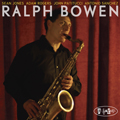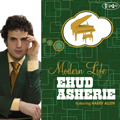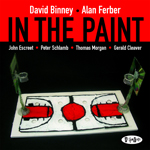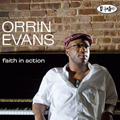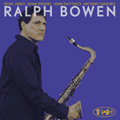Due Reverence
Ralph Bowen | Posi-Tone Records (2010)
By Woodrow Wilkins
“Less Is More” is not just the first song on tenor saxophonist Ralph Bowen’s Due Reverence. It’s also a subtle hint about the music.
Bowen studied at Rutgers University under Dr. James Scott and Robert Dick, to whom two of the songs are dedicated. He also studied at Indiana University and in addition to teaching, has performed at numerous venues with a wide array of artists, including Charles Fambrough, Lou Rawls, Antonio Hart, Freddie Hubbard and Michael Brecker. Due Reverence is Bowen’s tribute to those who taught, encouraged, or inspired him.
“Less Is More,” dedicated to Ted Dunbar, begins slowly and softly. John Patitucci uses the bow during a brief duet with Bowen before switching to finger play when guitarist Adam Rogers and drummer Antonio Sanchez join the effort. The tenor flows freely while the accompaniment is subtle, yet effective. Rogers makes the guitar sing during his solo, slipping in a few chords to offset the main line.
Sanchez engages some energetic stick work to open “This One’s for Bob,” dedicated to saxophonist Bob Mintzer. Bowen enters at a frantic pace, pushing the tenor through a series of rapid-notes-per-second phrases that don’t let up. The musicians heat things up in the background as Bowen’s tenor squeals and wails at key points. The pace continues, but the tone softens during Rogers’ solo. Sanchez varies his emphasis behind the guitar, but then cranks up the intensity when he steps out front, giving the entire kit a workout.
Trumpeter Sean Jones joins the quartet for “Mr. Scott,” the longest piece in the set. Rather than an album with multiple short to moderate songs, Due Reverence simplifies things with only five tracks, each running more than six minutes. That not only allows plenty of freedom for the soloists, but also a heavy dose of interplay among the group.
Track listing: Less Is More; This One’s for Bob; Phil-osophy; Mr. Scott; Points Encountered.
Personnel: Ralph Bowen: tenor saxophone; Sean Jones: trumpet (4); Adam Rogers: guitar; John Patitucci: bass; Antonio Sanchez: drums.
